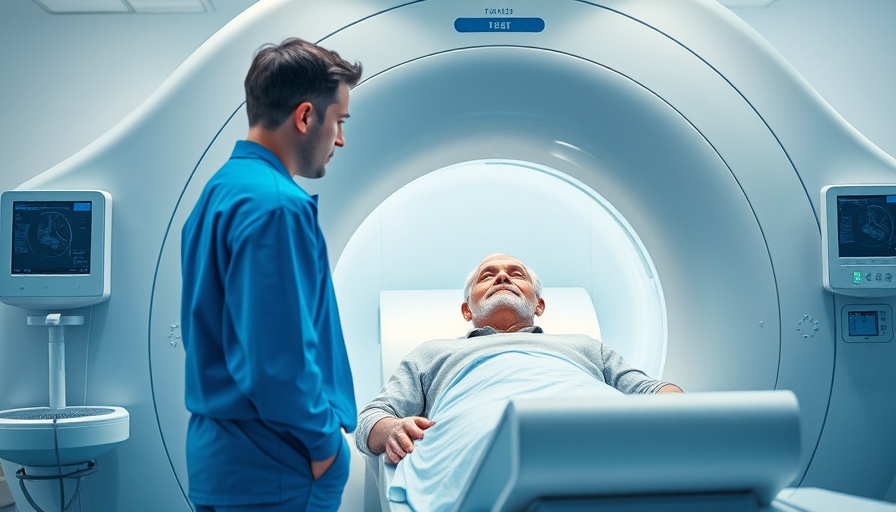
The Future of Radiology: Philips' Game-Changing Expansion
Philips, the renowned Dutch health technology company, recently made headlines with its significant expansion of cloud-based radiology informatics solutions to Europe. This strategic decision follows the successful adoption of their HealthSuite Imaging platform in over 150 locations across North and Latin America, and is seen as a pivotal move in modernizing healthcare through innovative technologies.
Why Cloud-Based Solutions Matter
The decision to transition radiology services to a cloud-based platform is essential for enhancing collaboration among healthcare providers. Philips’ HealthSuite Imaging, a software-as-a-service (SaaS) model, provides several key advantages:
- Enhanced Security: Regular updates and compliance checks ensure that sensitive patient data is protected.
- Improved Accessibility: Clinicians can access imaging studies and AI-enabled workflows from any location with internet connectivity.
- Increased Efficiency: By streamlining workflows, healthcare systems can reduce administrative burdens, which is especially crucial in the context of staff shortages.
- Scalability: The cloud solution adapts to the evolving needs of healthcare facilities, supporting growth and flexibility in service delivery.
Generative AI: A New Frontier
Philips is not just resting on its laurels; the company is actively investing in generative AI technologies to further enhance its radiology solutions. This innovation includes:
- Conversational Reporting: AI-powered tools aim to automate report generation, thus reducing the time radiologists spend on this administrative task.
- Clinical Decision Support: AI systems will provide insights and recommendations, helping clinicians make more informed decisions about diagnosis and treatment.
As Shez Partovi, the Business Leader for Enterprise Informatics at Philips, pointed out, the goal is to allow healthcare providers to focus on delivering high-quality care. The transformative potential of generative AI, particularly in managing workloads efficiently, positions Philips as a frontrunner in the healthcare technology arena.
Real-World Implications for Clinicians
In a recent commentary, JJ Visser, a radiologist at Erasmus Medical Center, shared insights on the impact of AI in radiology. He emphasized that developments like ambient reporting, powered by large language models, will enhance the quality of reporting itself, allowing professionals to concentrate on essential image details rather than getting bogged down by reporting tools. This enhanced focus could lead to superior patient outcomes.
Market Trends: Cloud Adoption in Healthcare
The expansion of Philips’ services comes at a time when 95% of healthcare providers anticipate migrating significant portions of their applications to the cloud in the next three years. This trend underscores a growing recognition of the efficiency and flexibility cloud solutions offer, particularly in a post-pandemic landscape where remote access and real-time collaboration have become essential.
Conclusion: Embracing Change in Healthcare
Philips’ initiative to launch cloud-based radiology solutions in Europe exemplifies the broader shift towards integrating advanced technologies into healthcare systems. By harnessing the power of AI and cloud computing, Philips not only enhances operational efficiency but also ensures that healthcare providers can deliver superior patient care even in challenging circumstances.
If you are passionate about the role of AI in advancing healthcare, now is the time to explore how these innovations can reshape the industry. Stay updated with the latest in AI developments that can enhance healthcare efficiency and patient outcomes.
 Add Row
Add Row  Add
Add 




 Add Row
Add Row  Add
Add 

Write A Comment